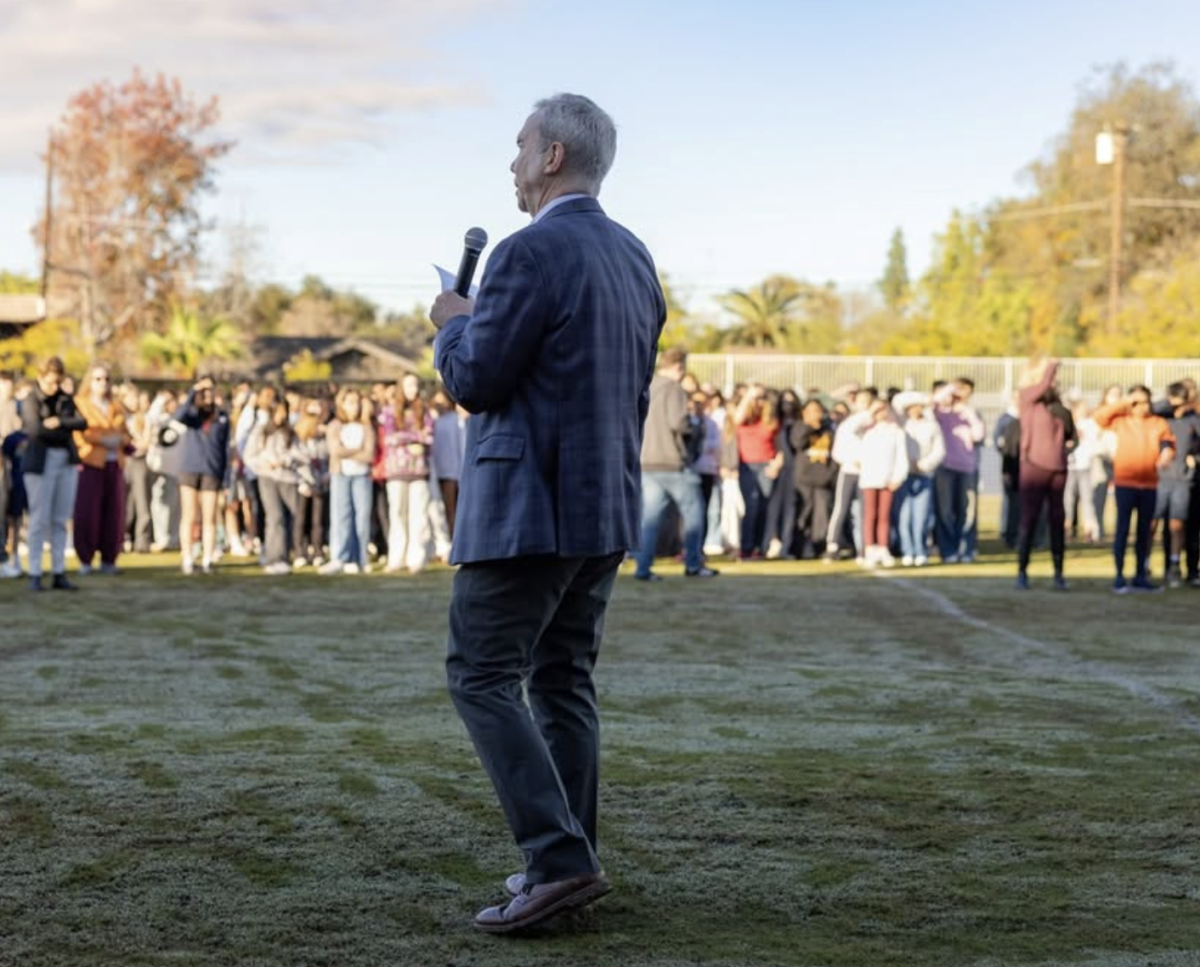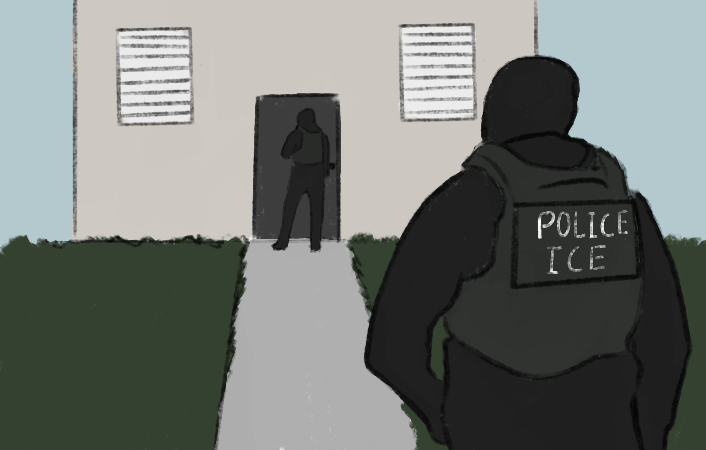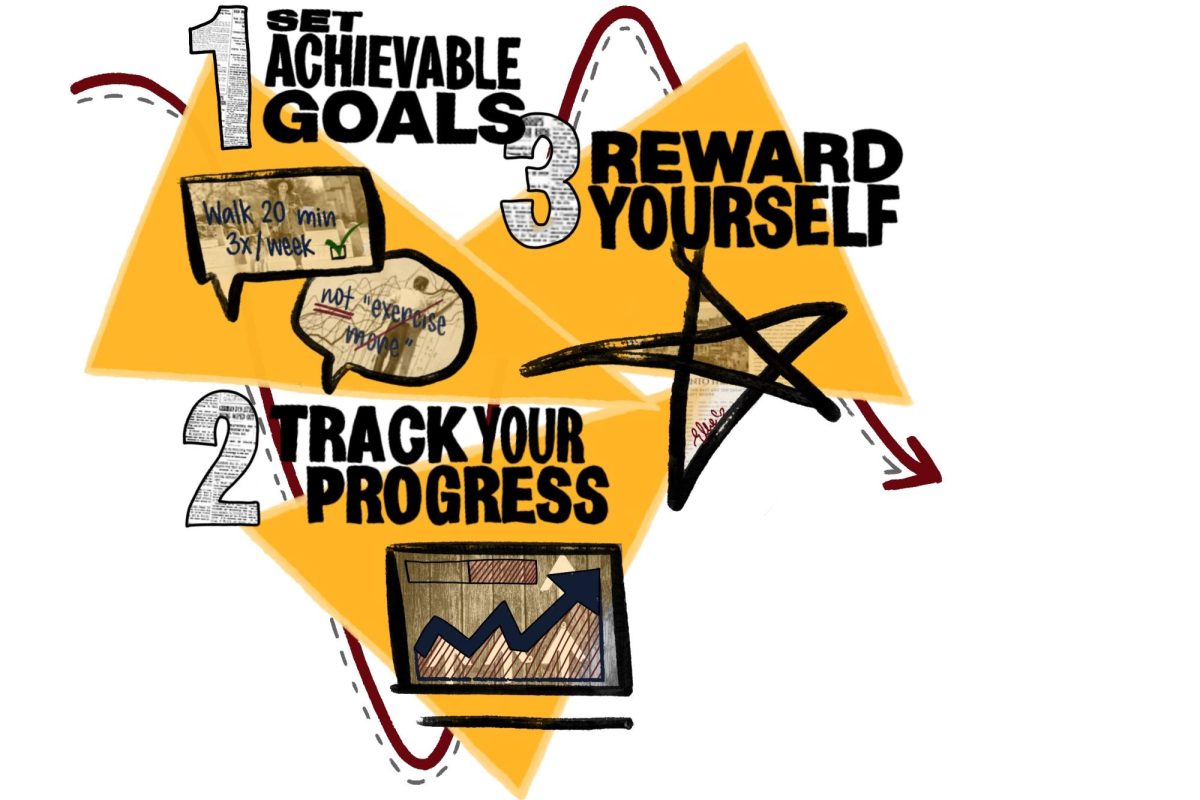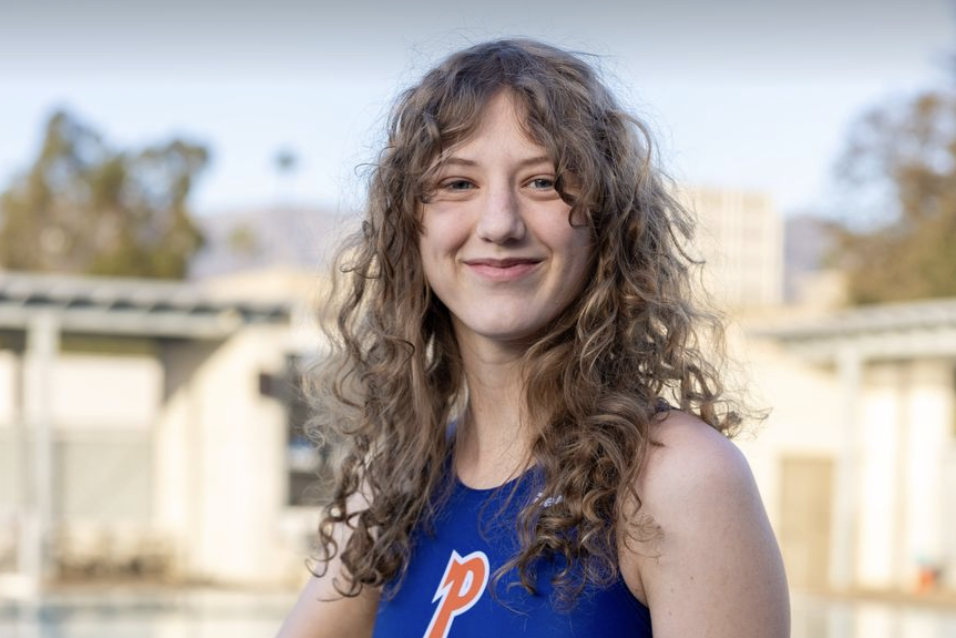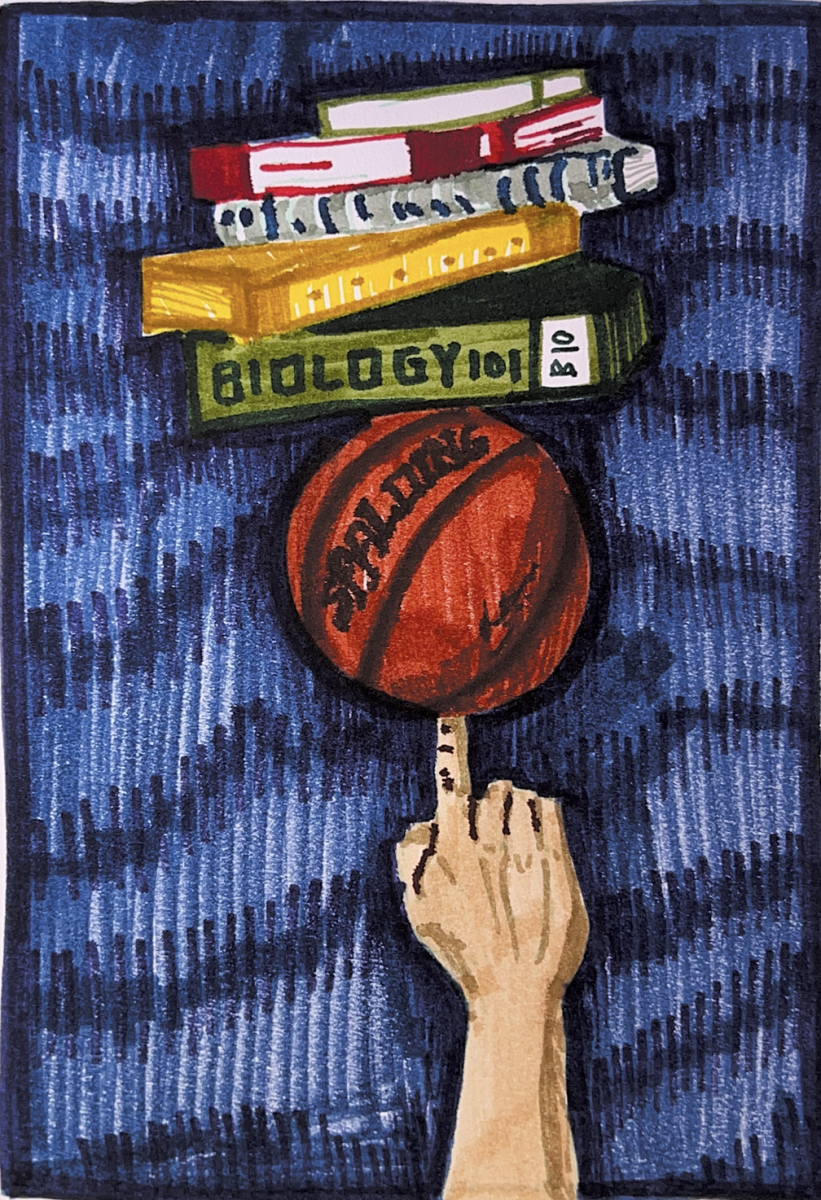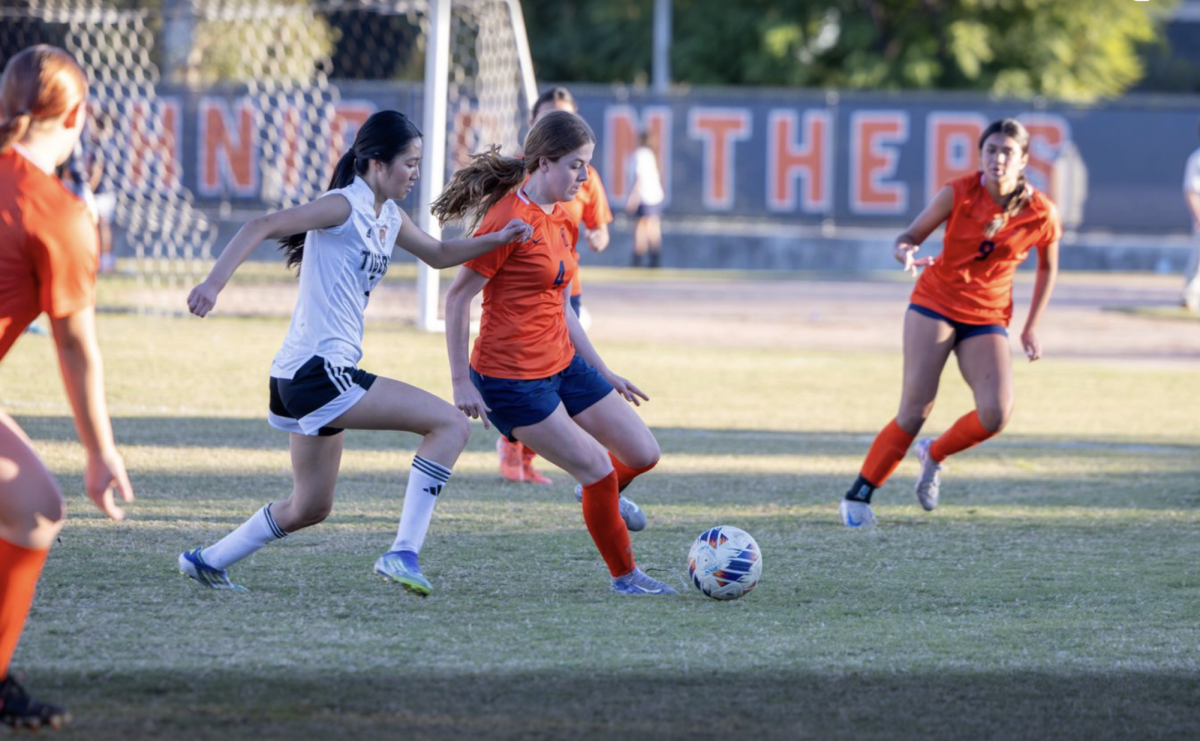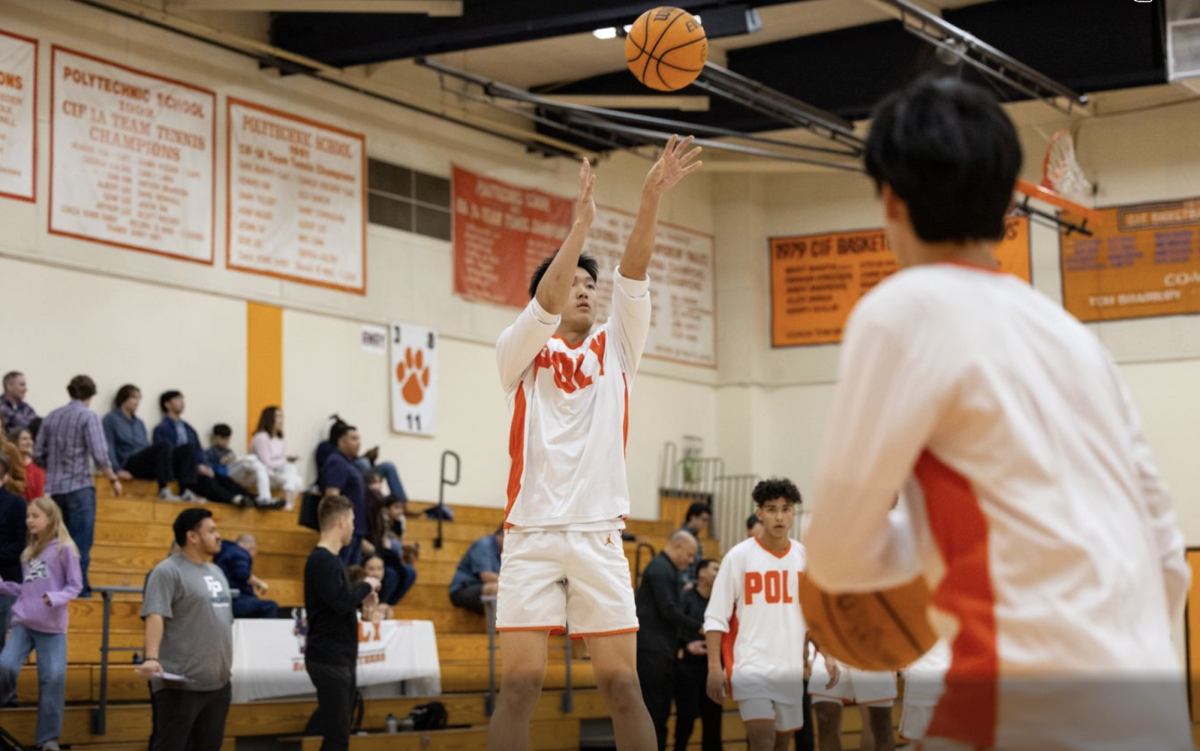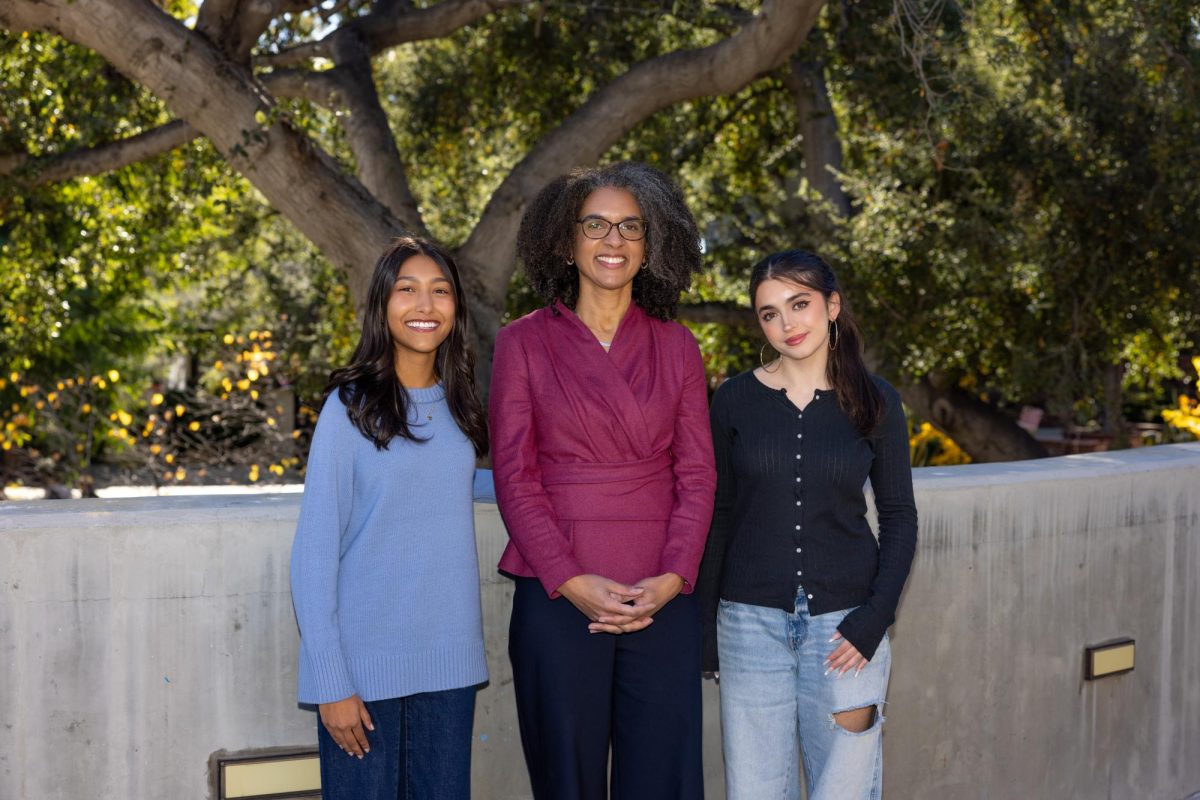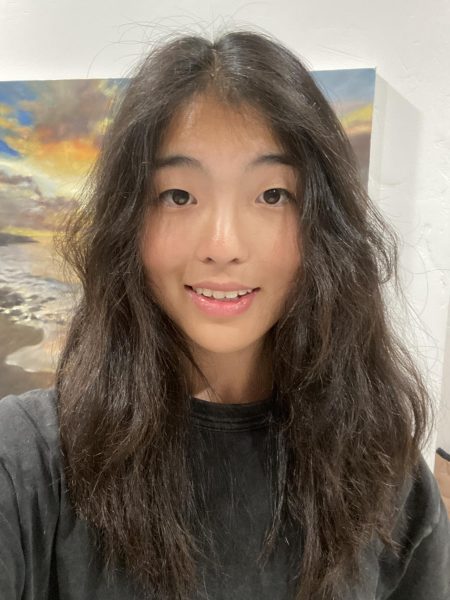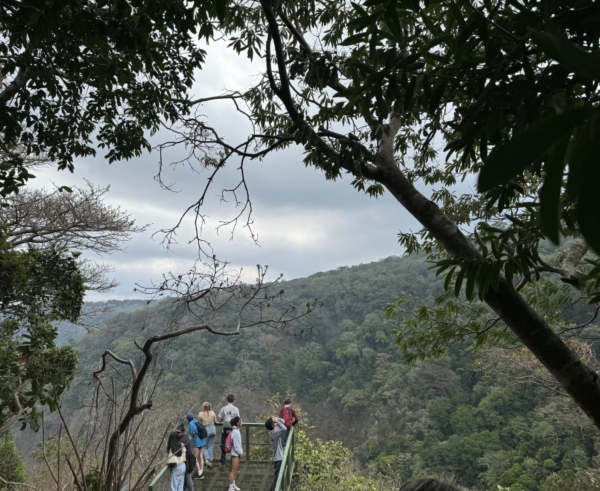
After months of meetings and preparation, 13 Poly students and two teacher chaperones traveled to Costa Rica for a Global Initiatives Program (GIP) trip during spring break.
When asked why GIP chose Costa Rica as a 2024 trip, Co-Director of the GIP Program and Upper School History Teacher Rick Caragher said, “It demonstrated the idea that sustainability and tourism don’t have to exist as two separate entities, they can unite to benefit the economy, spread awareness and increase environmental protection.”
Upon their arrival, the group visited Tortuguero National Park, an island on the northeastern side of the country. Traveling with the company Envoys, Poly students learned about Tortguero’s second-growth forests, made chocolate from scratch, canoed through the park’s canal and walked along its coasts, where thousands of turtles dwell.
Next, they visited the coastal town of Cahuita, where they explored the rich and ecologically diverse waters of Costa Rica by spending time on the beach and snorkeling. During their two days in Cahuita, the group also visited a farm where they learned about solar energy collection, composting techniques, farm management practices and farm-to-table routine.
Upper School Math Teacher Barry Vargo, who co-chaperoned the trip, said, “The self-sustainability practiced by the farm shows the stark difference in culture and mindset between Costa Rica and the U.S., where the desire for profit hinders many of these developments.”
Later, after visiting a sloth sanctuary, the group drove to a mountain in Monteverde county. In a cloud forest, they went bird watching, night hiking, and zip lining. They also meditated and explored the downtown area.
The trip ended where it began, in San Jose, the country’s capital. On their last day, the Poly students visited a butterfly sanctuary and learned about the city’s efforts to merge infrastructural development with forest preservation.
That night Community Engagement Coordinator Renee Larios, the other trip chaperone, created a final mindfulness circle for the group, encouraging students to reflect on their growth and gratitude.
“I loved seeing students learn flexibility and patience with themselves and their peers as they let the path change with each unknown,” said Larios. “They found strengths within themselves, developing empathy, courage, and responsibility.”
In discussing the goals for GIP trips, Co-Director of the GIP program and Upper School World Languages teacher Ann Diederich said, “We want students to share their abroad learning with their peers. To act as stewards for the communities that do not have a voice in this world, we must first understand the problem.”

